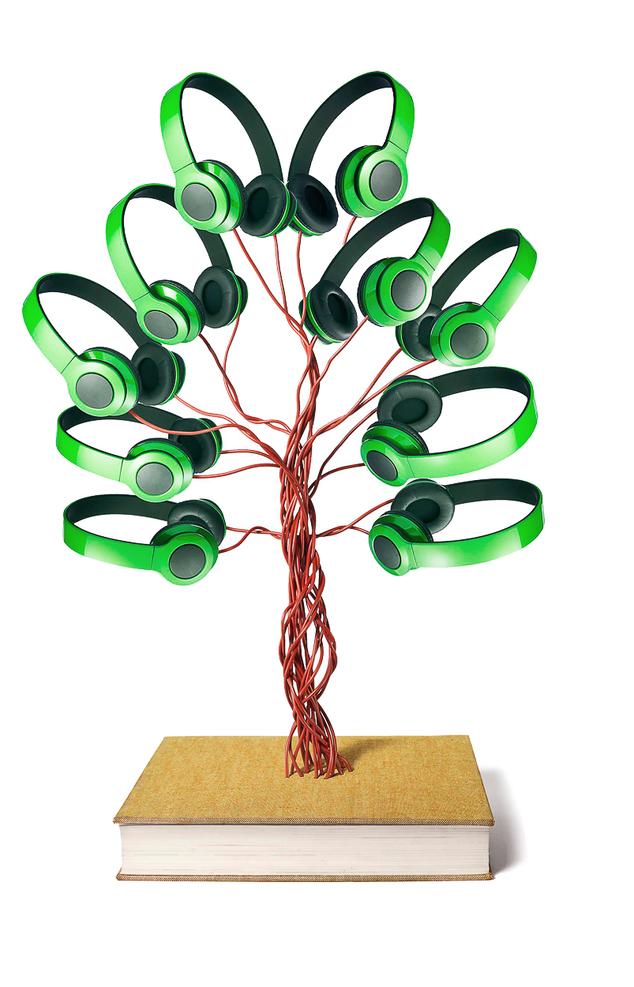This Week: Are artists now a weapon for developers?… When fans as creators believe they own the artists’ work… It’s getting tougher to figure out which music is popular… Bots increasingly compete with audiences for tickets… Audio books have become a big market for publishers.

- Are Artists A Conspiracy Against Poor Neighborhoods? When artists move into neighborhoods, those neighborhoods change. We tend to think the changes are for the better and that artists help build communities. But poor residents often get priced out as the inevitable gentrification takes hold. Now some neighborhoods are fighting back. In LA’s Boyle Heights, residents have been protesting the entry of a gallery. The issue has escalated nationally as a debate about the role of artists in communities heats up: “Naysayers resent what they see as the patronizing cultural overlay, arguing that the community will be radically transformed, housing prices will go up, the poorest in the neighborhood will be displaced, etc. They brush aside the hope that the community will be revitalized, becoming more diverse, safer and, if done right, experience an improvement in its quality of life. In an urban design and planning sense, a cultural blanket is a very warm way to generate progress of all kinds.”
- Relationships Between Artists And Audiences (Creators And Fans) Are Getting Strange: No question in a social-media-soaked world that relationships between artists and audiences have changed. Expectations have also escalated, and sometimes the fan base expects more than the artist wants to give. Fans sometimes now feel they have ownership over some artistic decisions. But do they? Author Neil Gaiman: “Fans are still creators. Fans demand and make things happen. Mostly, that’s great. But it can tip, and when it tips, it goes into strange places where people feel that by having watched a TV show or bought a book, they feel that you owe them something huge for having done that. Watching the level of crazy that can sometimes happen is hard.”
- We Rank Culture. But Measuring The Rankings Is Getting Tougher: Take music, for example. How does popular music measure weekly sales when those sales are getting tougher to track? “Stream, steal, or buy: Those are your choices. The premium streaming services represent just one batch of countless channels by which consumers can hear music. And so Billboard now bears the complex task of incorporating traffic from an ever-widening variety of platforms — YouTube, Vevo, Spotify, Apple Music, Tidal, Pandora, Vine, Twitter, etc. — into a standardized accounting that ranks all these songs together.”
- Ticket Buyers Versus The Bots: If you want to buy tickets to a popular show, increasingly you’re competing against efficiently-programmed bots. And the cost is great. The New York Times looked at price escalation in “Hamilton” tickets because of scalper-directed bots. The profits for scalpers are staggering: “What we found was that scalpers took in more than $15.5 million from the 100 performances before Mr. Miranda’s final show. The 32 performances between the June 12 Tony awards — where “Hamilton” won 11 statues — and July 9 may have brought in more than $10.5 million for scalpers alone.”
- Where The Book Audience Is: Publishers have been angsting about book sales, but one format has seen a boom in sales. Audio books: “Carrying around a pocket-size entertainment center stuffed with games, news, music, videos and books has conditioned people to seek out constant entertainment, whether walking to a meeting or sitting in a doctor’s office. For more multitasking book-lovers, audiobooks are the answer.”
Leave a Reply